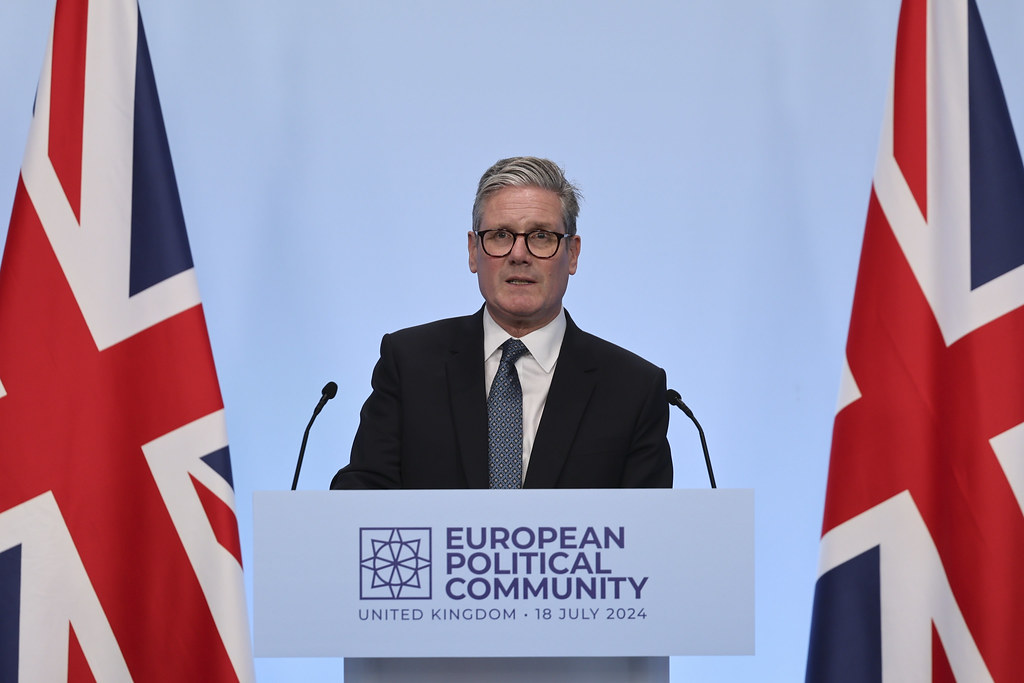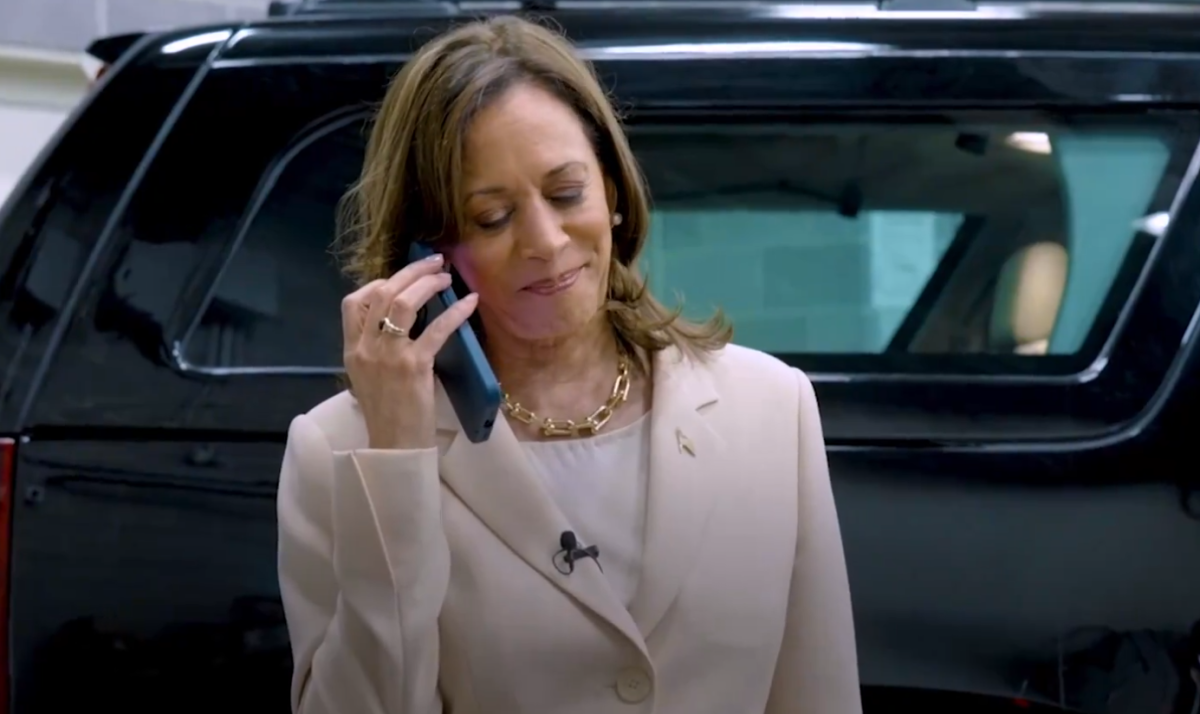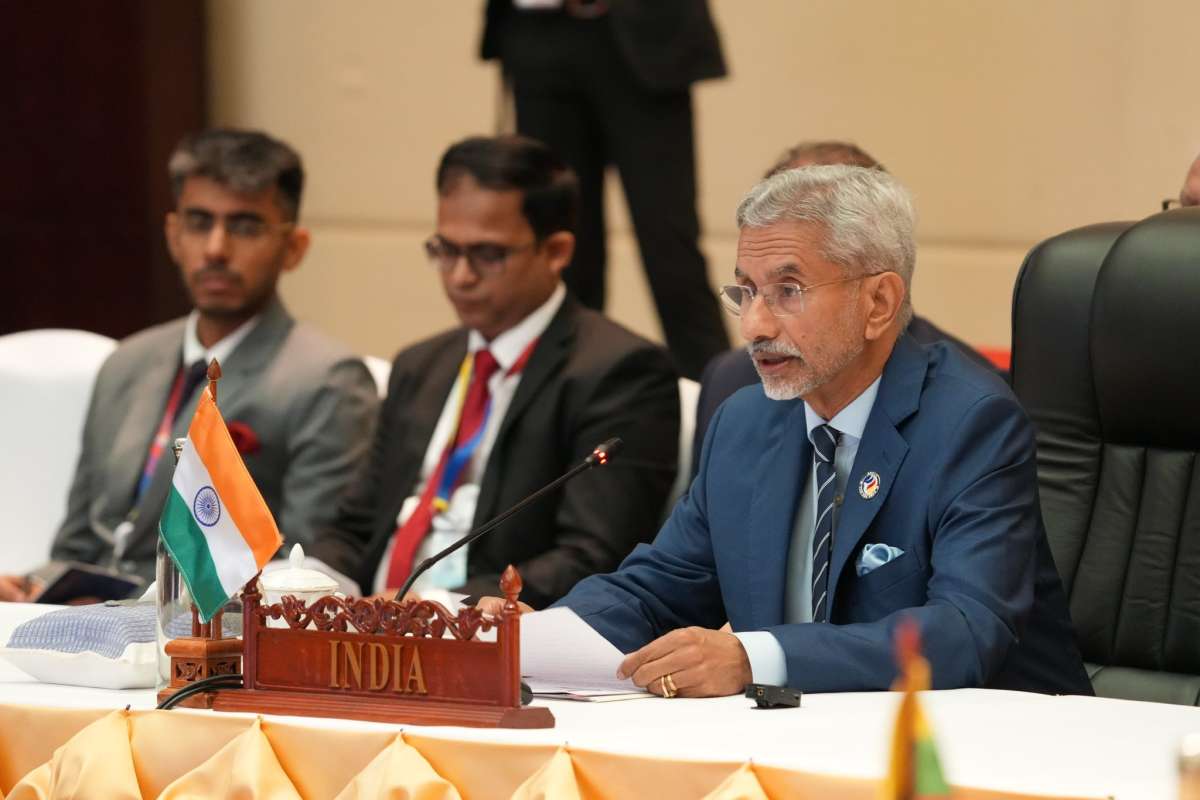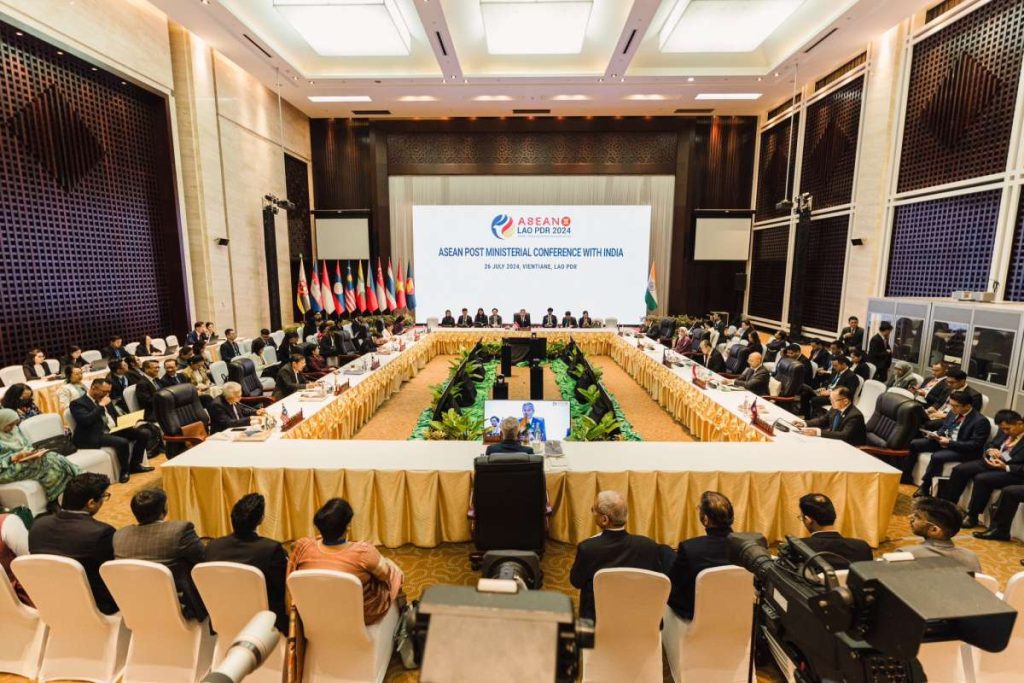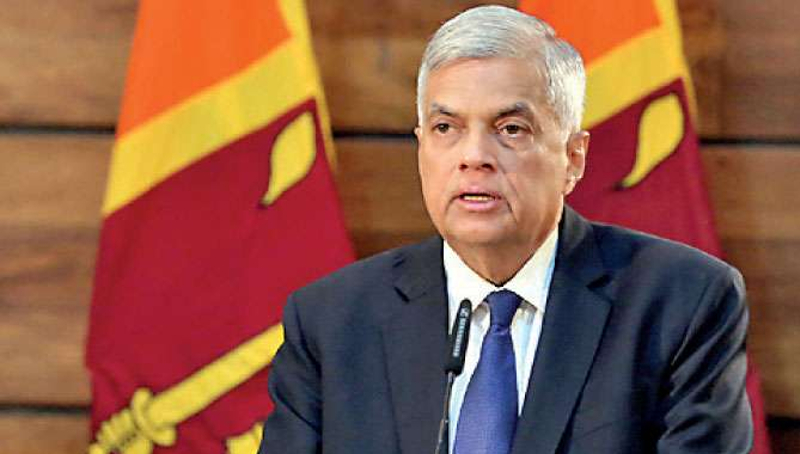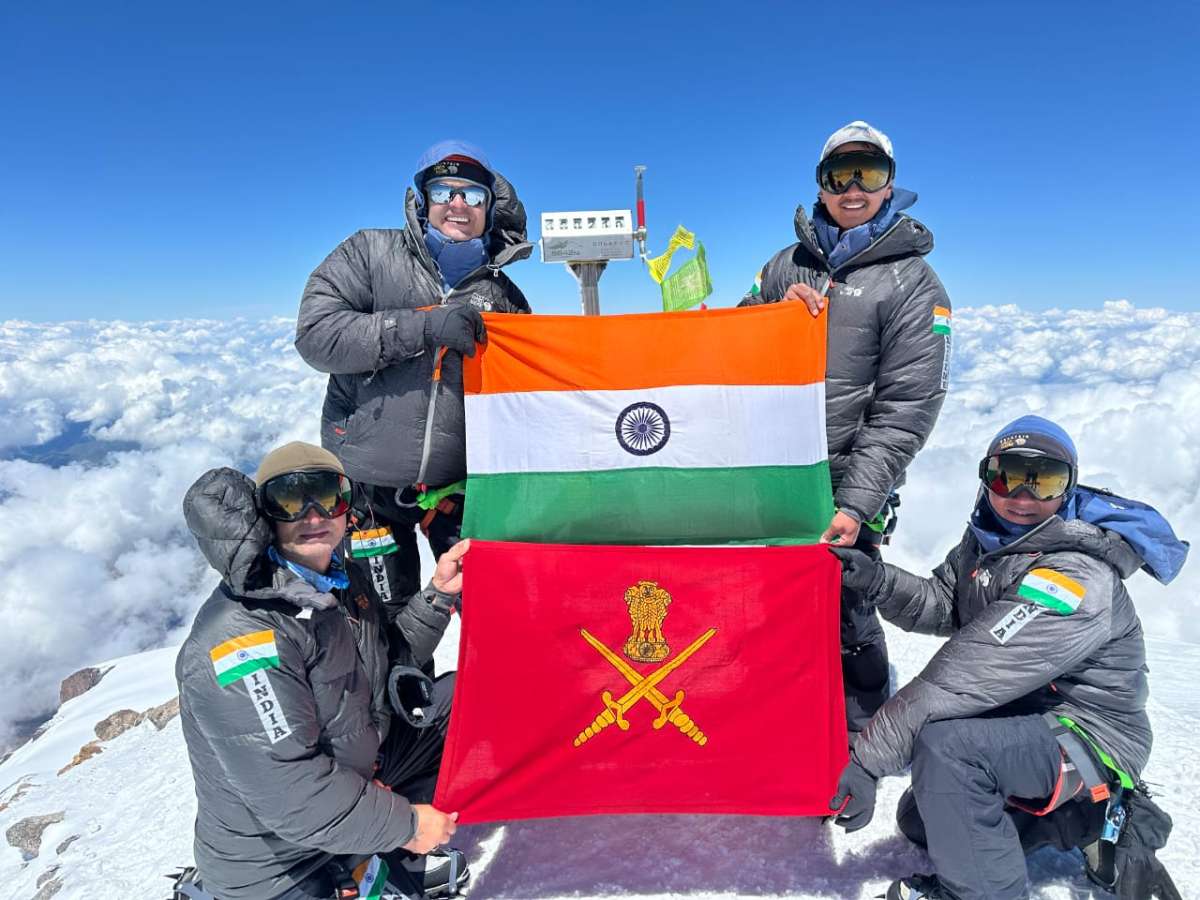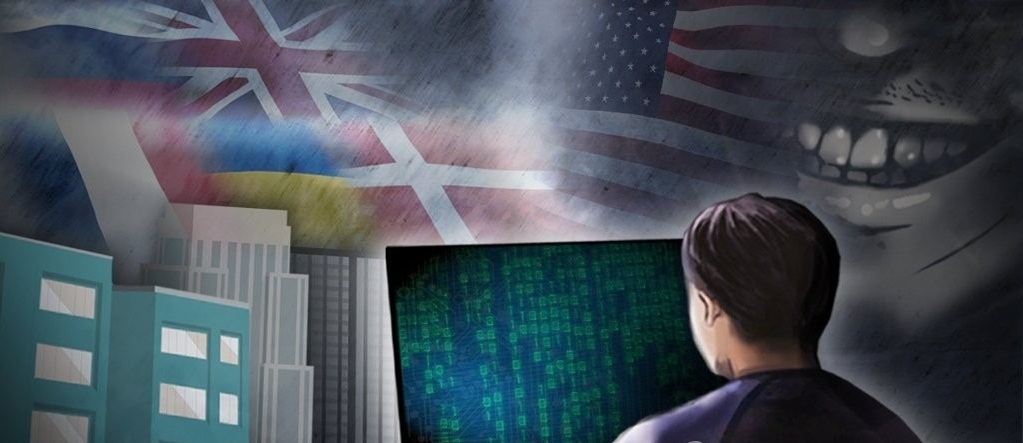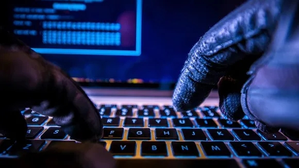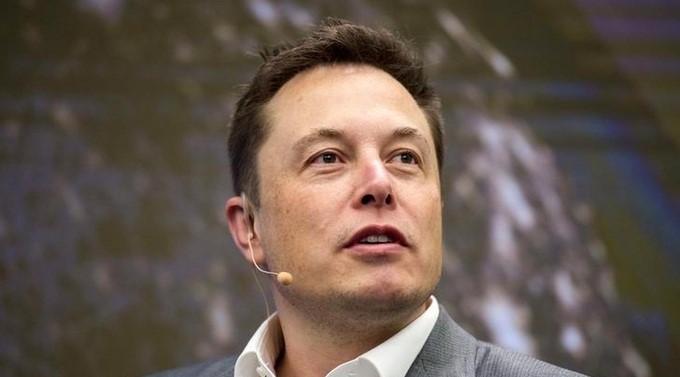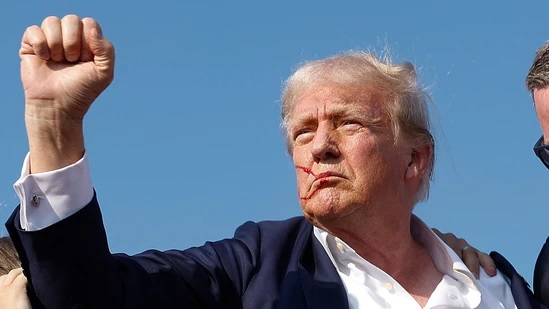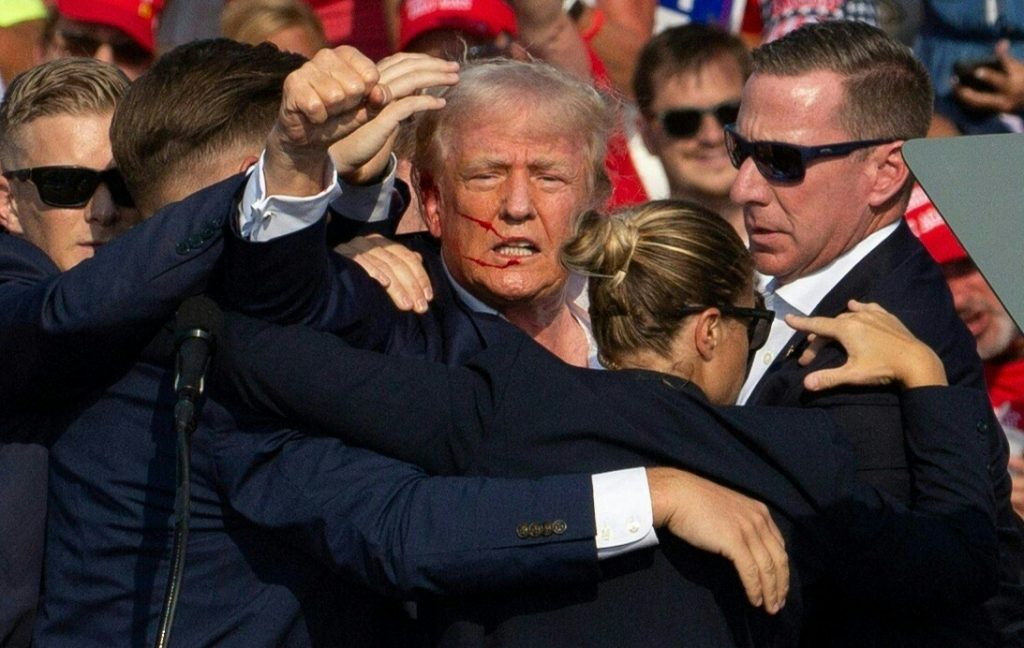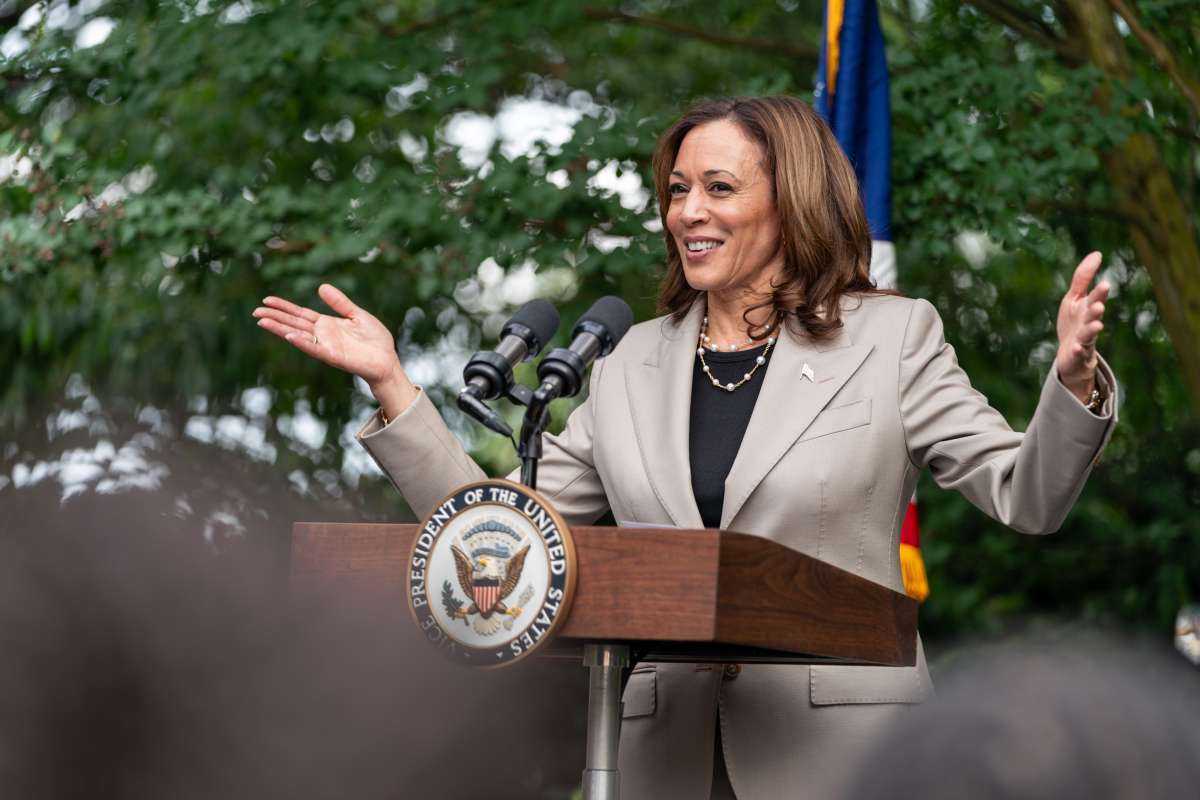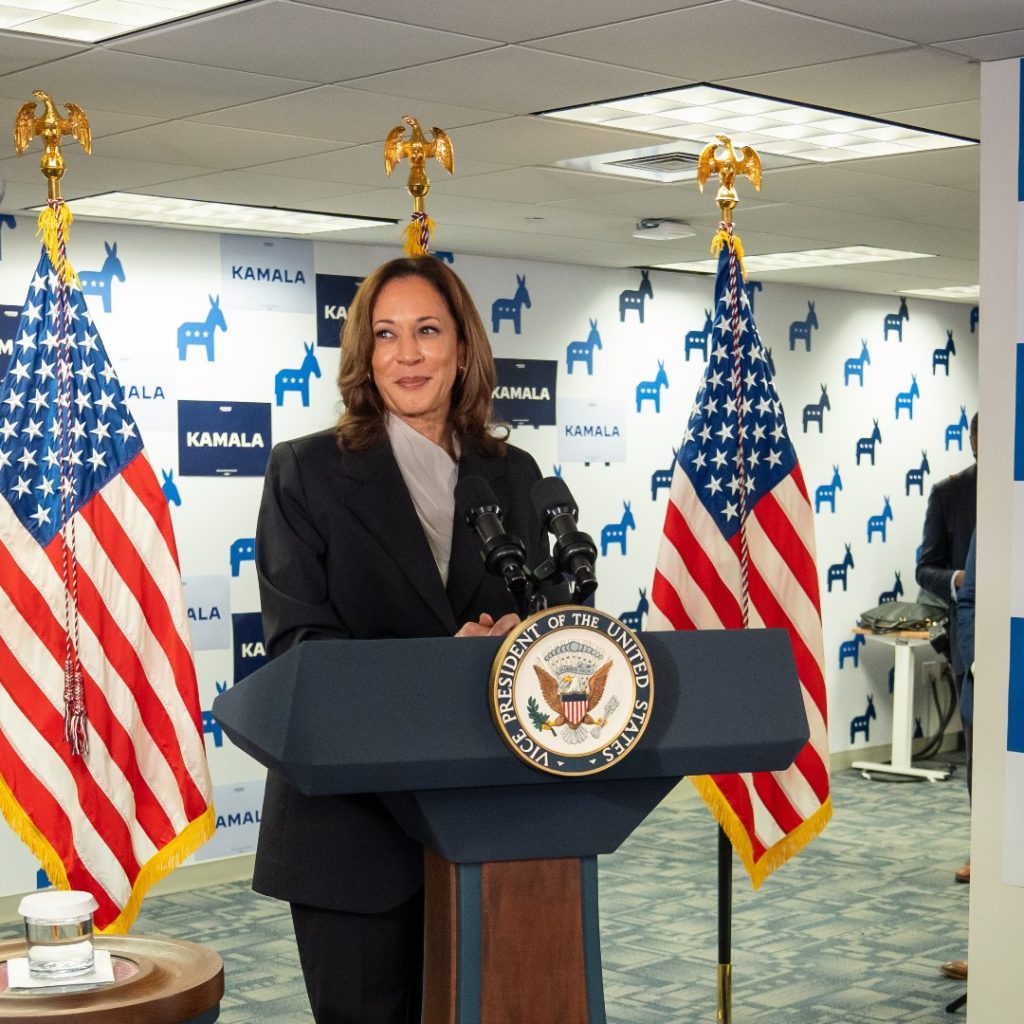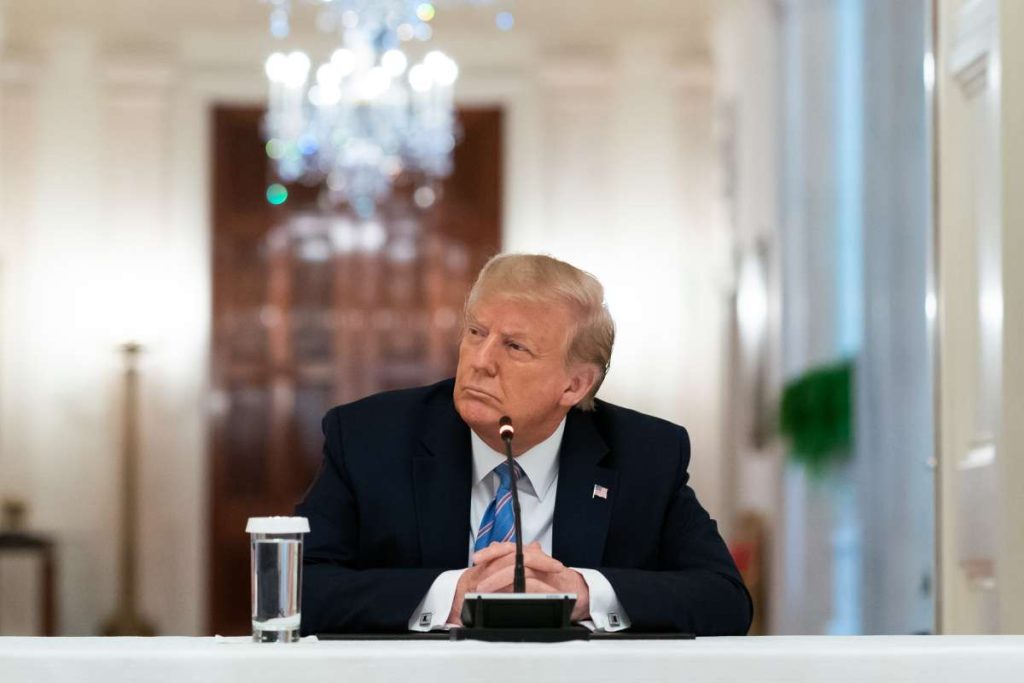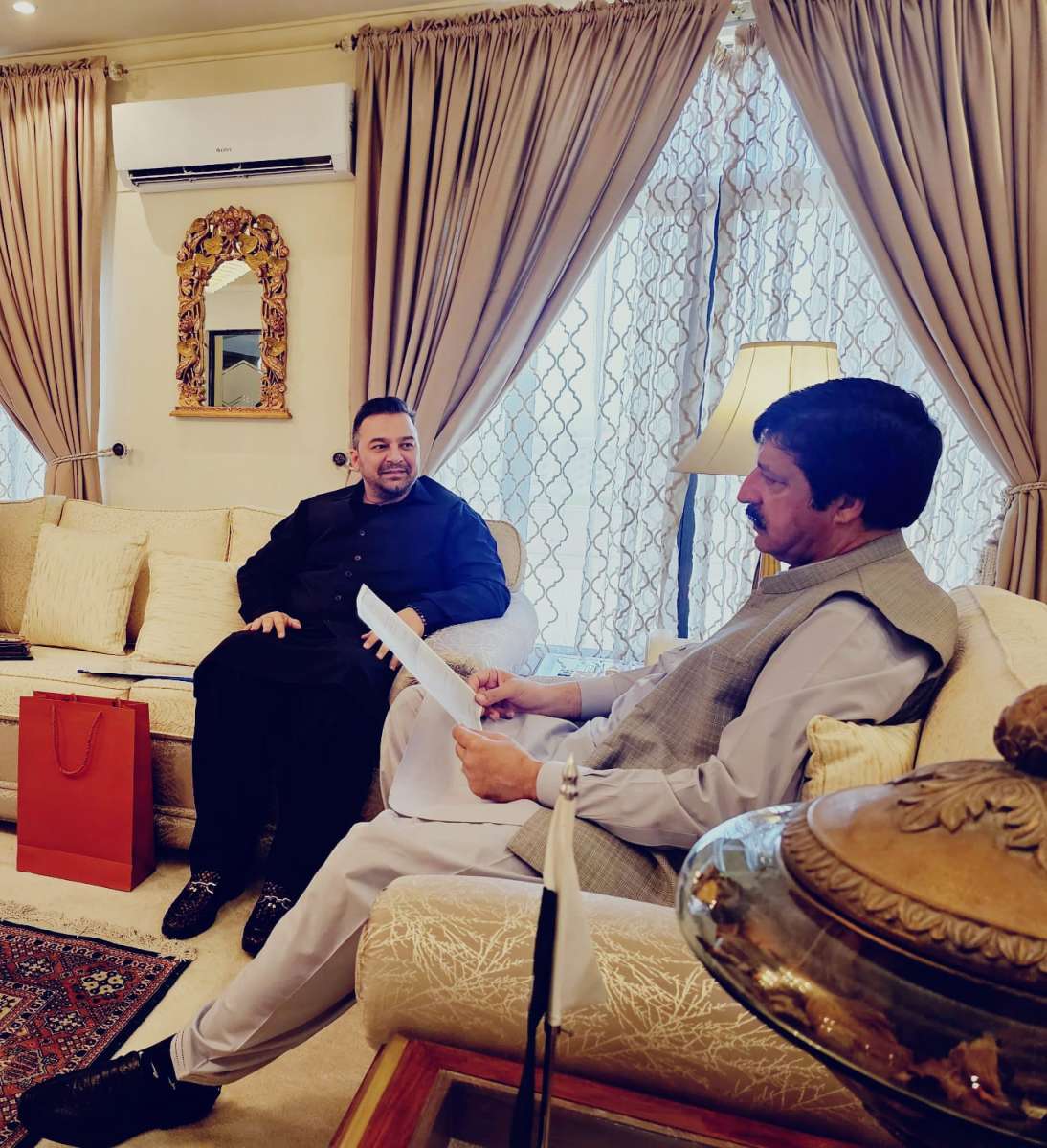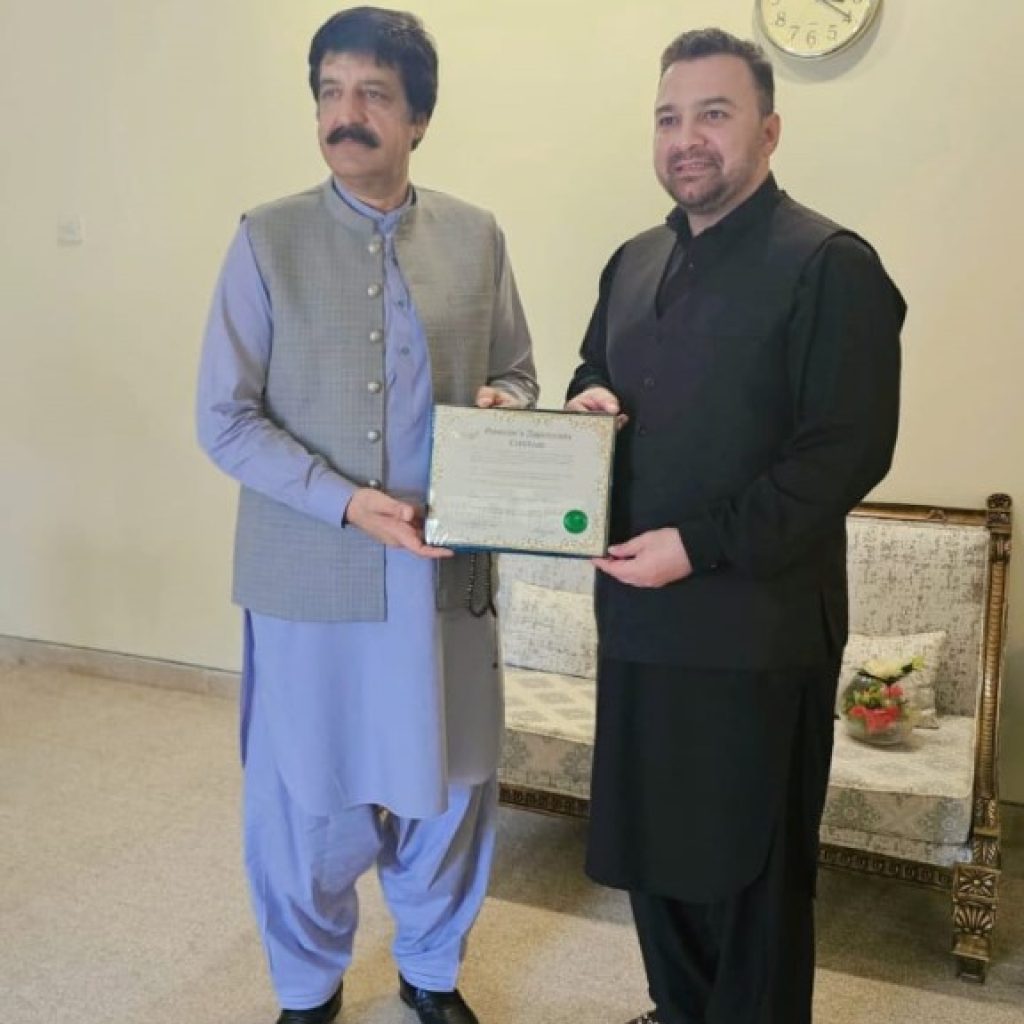Britain is back in the EU fold to tackle its key issues of safeguarding borders, security, and economic growth. The caravan will march on despite the heckles from the Reform Party, Nigel Farage, and a section of Tories … writes Anasudhin Azeez
Here is bad news for the Brexiteers. Whether you like it or not, Britain is limping back to its roots to become part of the greater European family. The recent European Political Community meeting at Blenheim Palace indicates the new Labour government’s intention to be part of the European family rather than stay isolated as “Little Britain” to address two key issues threatening its existence: security and immigration. With Donald Trump swinging the US electorate to regain the White House, it’s a valid reason for Europe to consider self-reliance on security.
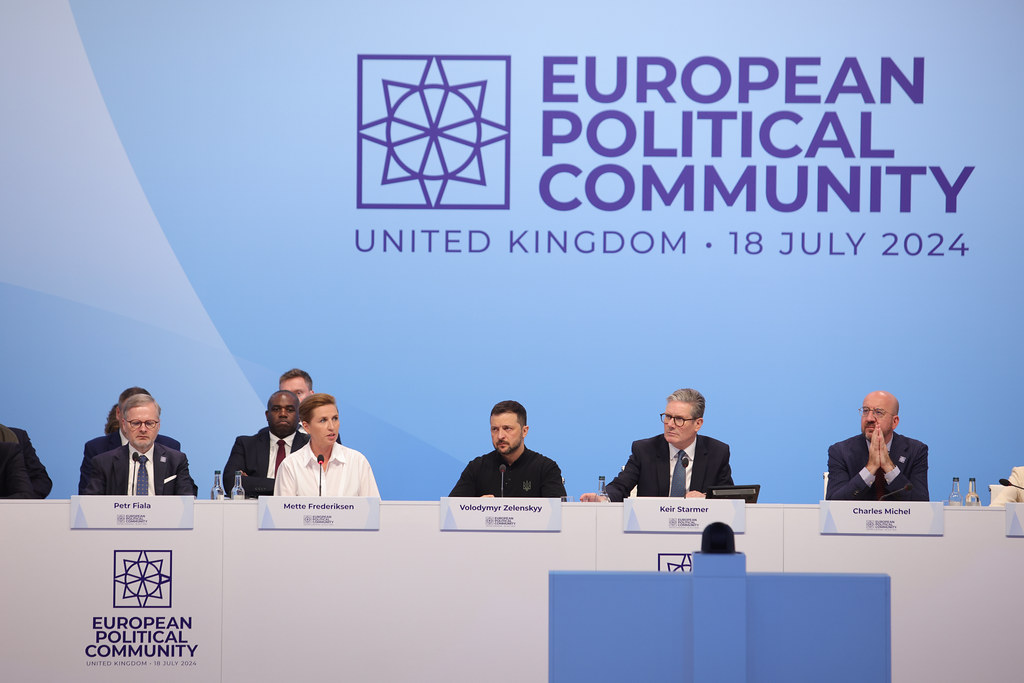
Prime Minister Sir Keir Starmer took the initiative to host the fourth meeting of the European Political Community at Blenheim Palace, a place steeped in the memories of Sir Winston Churchill, a controversial figure for the children of the empire but an inspiration for Europhiles. The meeting of the European Union leaders and representatives from the wider European Community is bad news for hardcore Brexiteers like Nigel Farage and Rishi Sunak. However, they fail to recognise the ground realities regarding the broader issues of security and immigration plaguing the United Kingdom.
The meeting was held at the Palace in a cordial atmosphere. They discussed the economy, security, and immigration. However, the elephant in the room was President Trump and his resurgent MAGA campaign. Trump is now supported by charismatic Yale graduate J.D. Vance. The meeting discussed a scenario: if America suddenly tires of helping defend Europe and Russia strikes, then what? If Trump wins, it will be a 12-year reign of Trumpism. Vance is Trump’s heir apparent, and a sitting president has many advantages to retain power, provided he does not falter on security and the economy.
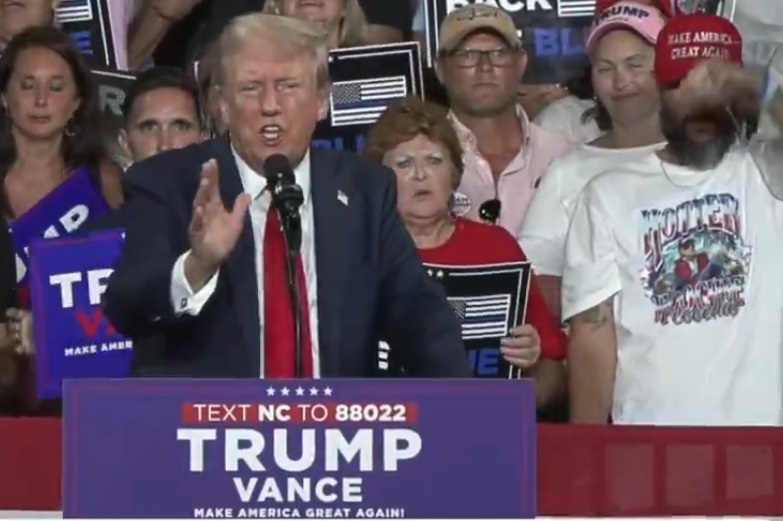
Vance embodies a badge of the true American story that will resonate with Rust Belt voters. He believes the American elites betrayed communities like his. International trade, he says, is one of the culprits: American jobs being shipped to China while fentanyl is shipped back to America. Communities sent their children to die in Iraq and Afghanistan. He sees aid to Ukraine and NATO membership in the context of such exploitation: American taxpayers being bled to fight foreign wars or subsidize European military underspending. He led the campaign in the US Congress to halt the $61 billion Ukraine aid package. Although it failed, it caused fateful delays, allowing Russia to capture Avdiivka and force Ukrainian troops to retreat miles from the Donetsk region.
Trump accuses Zelensky of fleecing Americans. Vance accuses Europe of fleecing US taxpayers’ money to safeguard their backyards. Vance is practically a Mini-Me of Trump.
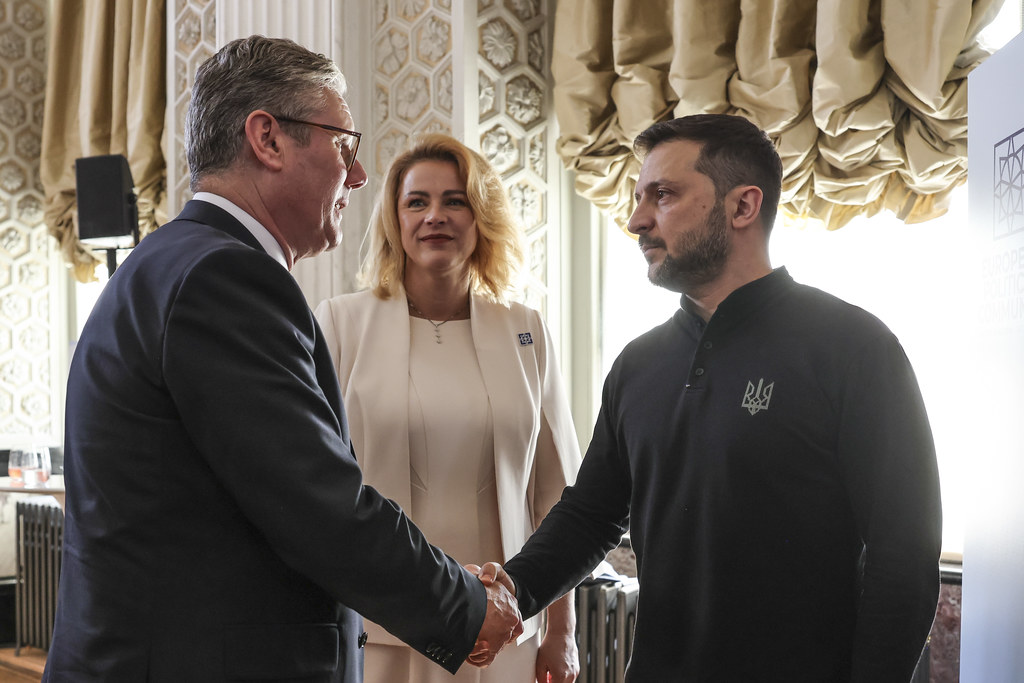
The changed equations in the US are prompting Europe to rethink its defence strategies. Only the United Kingdom and France can lead the Europeans in defending themselves; they are the only serious military powers in Europe. Here is an opportunity for Starmer to shape Europe’s post-Brexit defense policy. But is it a good idea to do this through the EU?
Britain wants to reset its relationship with the EU and wider Europe, as well as address international and global issues. Eighty years on from the D-Day landings and the Liberation of France, the leaders remembered the immense common sacrifices both countries have made to defend their shared values and protect their societies. As fellow members of the G7, G20, NATO, and permanent members of the UN Security Council, the UK and France continue to work together to provide global leadership in an era of renewed geopolitical instability.
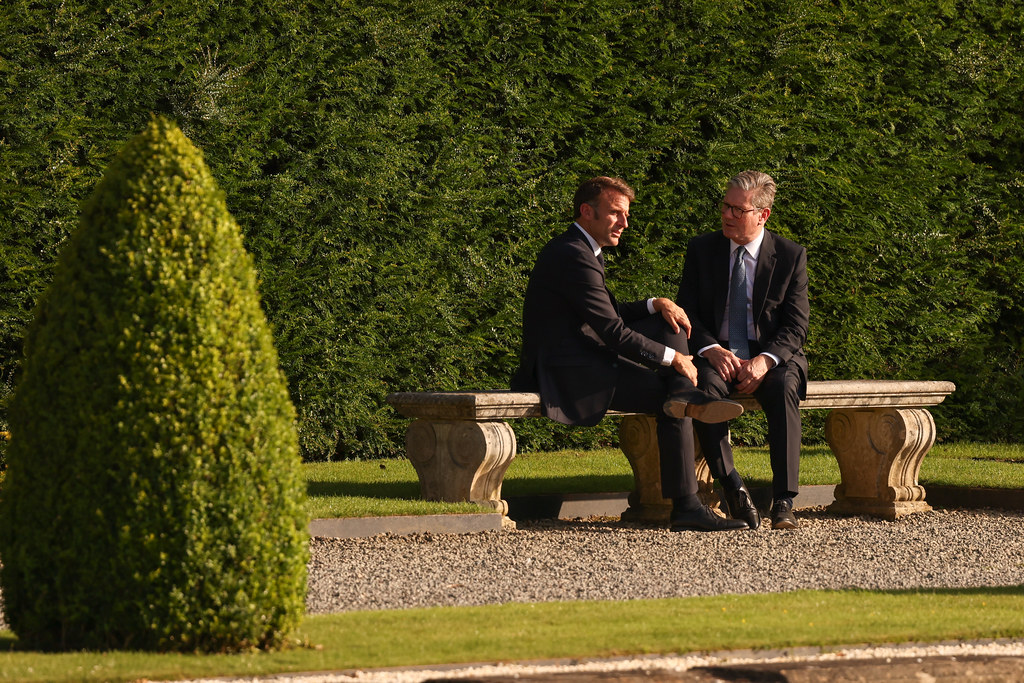
They are now committed to continuing to invest in the European Political Community format to bring together Europe’s democracies and contribute to regional stability and security through political dialogue and concrete cooperation.
“We cannot let the challenges of the recent past define our relationships of the future,” said Starmer before the summit. “That is why European security will be at the forefront of this government’s foreign and defence priorities, and why I am focused on seizing this moment to renew our relationship with Europe.
“The European Political Community will fire the starting gun on this government’s new approach to Europe, one that will not just benefit us now, but for generations to come, from dismantling the people-smuggling webs trafficking people across Europe to standing up to Putin’s barbaric actions in Ukraine and destabilizing activity across Europe.”
Britain is back in the EU fold to tackle its key issues of safeguarding borders, security, and economic growth. The caravan will march on despite the heckles from the Reform Party, Nigel Farage, and a section of Tories.
ALSO READ: Starmer vows Ukraine support in low-key first PMQs

